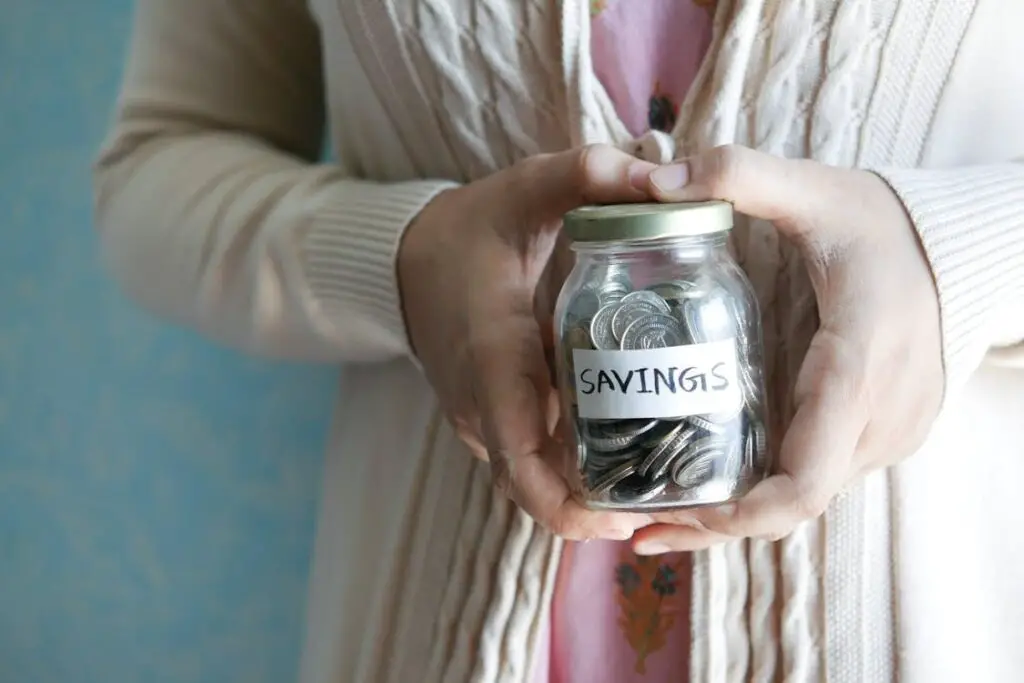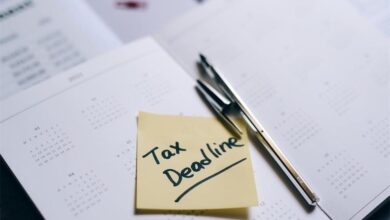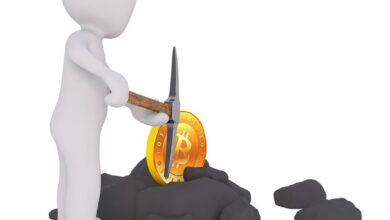Emergency Fund Essentials: How Much Do You Really Need to Save

Whether you’re running a business or you’re striving to build your own financial wealth, you’ve probably heard that saving is always a good idea. The truth is that saving can lead to big gains, so you’ll definitely want to have a savings account. Something else you should also consider is an emergency fund. Here are a few essentials to why you need one and how much you should save:
The unexpected can drain your bank account
One reason why having an emergency fund is a must is because unexpected circumstances do come up. From needing money for OEM collision repair procedures to needing unexpected surgery, there are countless situations that could arise that require you to pay out big.
Whether you’ve been saving, or you live paycheck to paycheck, you don’t want to use money that is meant for bare necessities or for something in your future. This is when an emergency fund can be useful. That money has been saved for the unexpected.
The amount you should save
The amount of money you should be setting aside for your emergency fund doesn’t have to be in thousands and thousands of dollars (although that wouldn’t hurt). But it should be a substantial amount that allows you to take care of things should an unexpected circumstance arise.
For example, having what you need to cover your monthly bills for a month or two could help you to stay afloat should job loss or something like a pandemic happen again. This might also include planning for essential services, like relying on a trusted home care of Philadelphia provider if you or a loved one require assistance during tough times. While you may want to save more, starting off with enough to keep you going for a couple of months if you need it can at least give you some time to work with and some peace of mind.
Tips on how to save
If you’re just starting to work towards an emergency fund or savings account, you may be a bit unsure where you should pull money from. Making a budget that allows you to see ways you could spend less and set aside more is a good place to start.
A lot of people who aren’t saving don’t have a budget and that is a surefire way to not be able to have an emergency fund. Sit down and start budgeting today. This will help you to start being able to set aside the money that can ensure you are able to deal with an emergency should it arise.
Where to save
Saving an emergency fund in a piggy bank or envelope system may be cute, or it may be something you learned from your parents, but in today’s financial world, the safest way to keep your money is in a bank account. If you tend to live paycheck to paycheck, having that money so easily accessible isn’t the best idea.
Instead, open up a savings account in a bank that isn’t connected to your main bank account. While your primary savings account may be in the same bank as your checking account, consider saving your emergency fund elsewhere. That way, you leave it untouched.
In some cases, you may be able to set it up with a limit on how often you can take the money out. That way, you can leave it for what it’s intended for: emergencies.
Always have something there
It doesn’t matter if you had to use your emergency fund and you’re at zeros. Start building it back up again. The good news is that emergencies don’t typically happen all in one shot, so you’ll more than likely be able to build it back to what it was before. As long as you’re contributing to it, you can have peace of mind that you’ll have some money when you need it.

In Conclusion
As you start working towards financial stability, make sure you’re saving and setting aside an emergency fund. Both of these things can help you get the financial stability you need.


